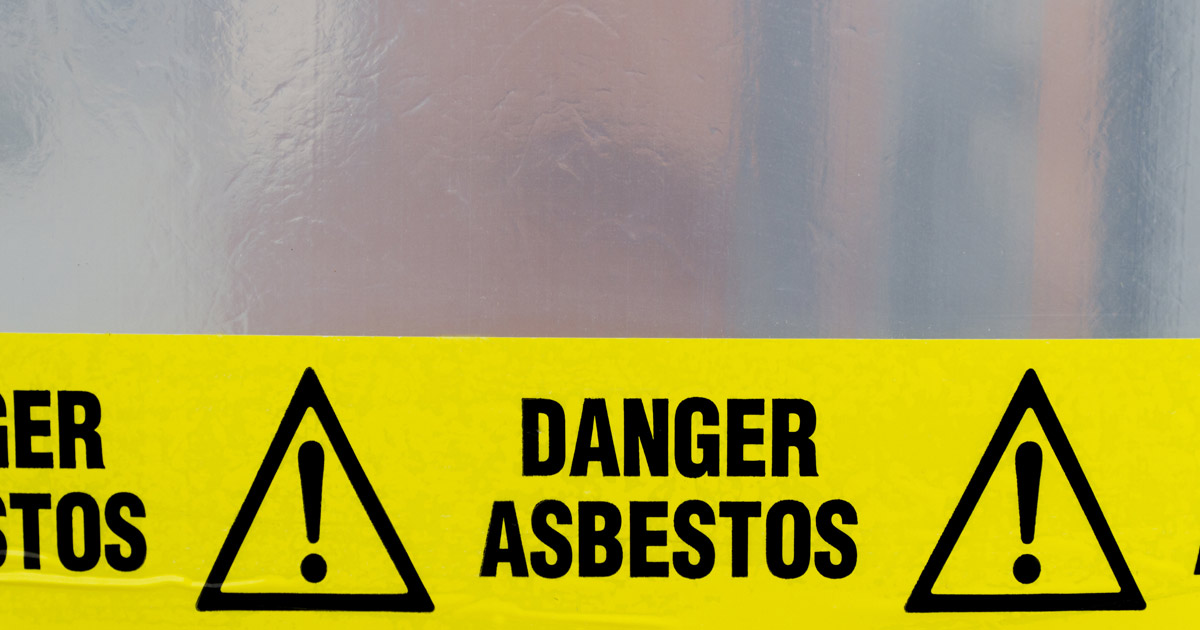
The U.S. Environmental Protection Agency (EPA) has recently proposed stricter asbestos reporting requirements. This would require more detailed record-keeping for all uses of asbestos. The proposal from the EPA would ban the ongoing use of asbestos. This would prevent people from cancer risks caused by asbestos exposure, such as mesothelioma.
This would ban the ongoing use of all chrysotile asbestos. This is the only form of raw asbestos that is presently being imported into the U.S. Chrysotile asbestos is commonly used in car brakes, sheet gaskets, diaphragms, and other vehicle components.
Even though asbestos has been regulated at the federal level for many years, this proposal includes an outright ban. It would also require more comprehensive reporting for companies that use asbestos or work with asbestos, like construction and demolition companies.
If enacted, it would require companies to keep detailed records. Specifically, the EPA identified several industries that would be under the most scrutiny:
Besides requiring detailed information on the type of asbestos these companies are using, they will also be required to file data with the EPA regarding the method and manner of disposal. Companies will further be required to provide information on environmental and health effects related to the specific asbestos and how it is disposed.
Companies subject to this new EPA rule, if enacted, will need to provide data on the number of people exposed, along with estimates about how many people may be exposed in the future. This information will need to include geographic locations and potential durations of exposure.
There are many reasons for this new EPA rule to be pushed forward. Over 50 countries already have an outright ban on asbestos use. It is also a public health matter. The EPA is interested in reducing cancerous effects in people working near asbestos or those who have family members working with asbestos. Asbestos exposure can be challenging to trace back because cancer may take years or decades to show symptoms.
While the symptoms of asbestos exposure can vary and change over time, the most common include:
If you have developed any of these symptoms, seek immediate medical attention. Asbestos has been shown to cause cancer.
Inhaling microscopic asbestos fibers increases a person’s chance of mesothelioma. That is why the EPA says there is no safe level of asbestos exposure. While the longer you are exposed to asbestos and the more fibers you inhale may increase your likelihood of cancer, even rare or brief exposure can cause cancer. In most people, they develop cancer within 15 years of asbestos exposure. If a person smokes, that greatly increases their likelihood of lung cancer and may shorten the amount of time after asbestos exposure when they notice symptoms.
While mesothelioma is rare, it is linked to asbestos exposure. The most common type of asbestos exposure that causes mesothelioma is chrysotile asbestos. Mesothelioma often results from occupational asbestos exposure, but family members of the person working with asbestos are also often exposed. Because you cannot see the microscopic asbestos fibers, you do not know you are inhaling them. Workers come home with these fibers on their clothes, spend time around their loved ones, and these fibers are released into the air where everyone in the home breathes them in.
Mesothelioma takes a long time to develop. That is why prompt medical attention is critical. Mesothelioma can take 30 years or more to develop after a person has been exposed to asbestos. The risk of developing mesothelioma does not drop over time. A single moment of exposure can develop into mesothelioma later in life.
If you have been exposed to asbestos, see your doctor immediately. You will need to get regular checkups to look for any cancer development. If you smoke, try to stop. Your doctor will guide you and tell you what you need to do after asbestos exposure.
While no single test can detect asbestos exposure, your doctor will monitor you for signs of cancer. If any signs of cancer appear, they can begin treatment immediately.
It is also critical to speak with a lawyer, especially if you have been negligently exposed to asbestos.
If you have been exposed to asbestos and have mesothelioma, you could be entitled to compensation. Speak with one of our Philadelphia mesothelioma lawyers at Brookman, Rosenberg, Brown & Sandler today. Call us at 215-569-4000 or contact us online to schedule a free consultation. Located in Philadelphia, we proudly serve clients throughout Pennsylvania and New Jersey, including the communities of Delaware County, Chester County, and Philadelphia County.